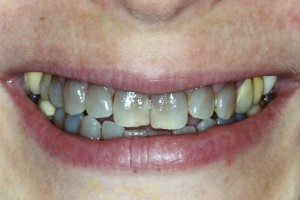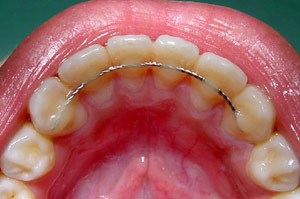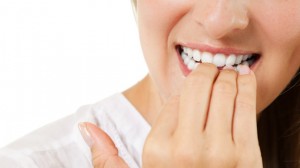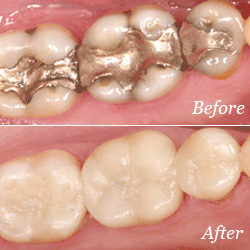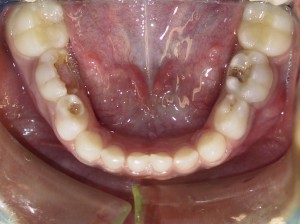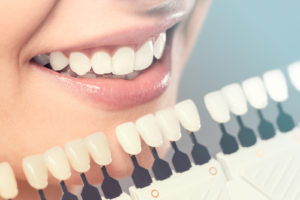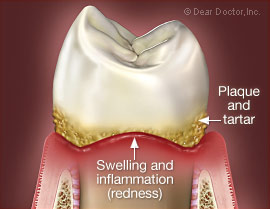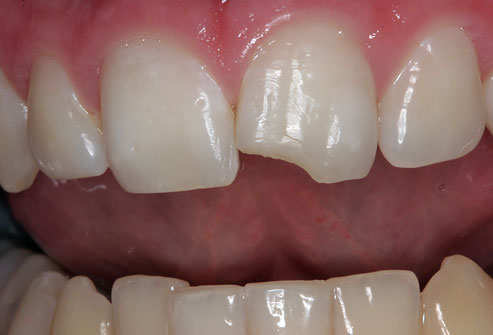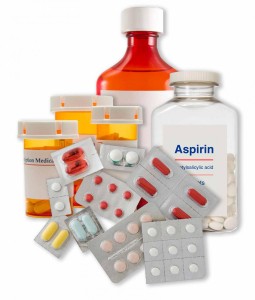Dental cavities are the most commonly treated tooth problem in both adults and children across the globe. However, few people understand what they are, how they occur. It’s important you know the correct treatment and how your children’s dentist will prevent them. It’s important to understand how your tooth is made up, to understand how cavities are formed.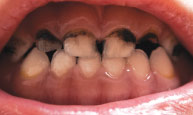
Every tooth has a ‘crown’ (the part you see in your mouth) and roots. The crown is coated in natural tooth enamel, which is a hard surface designed to keep bacteria out. However, children’s tooth enamel is not as strong as fully formed adult enamel. Because children’s tooth enamel is not as strong, cavities can form in baby teeth much more quickly and easily than adult teeth.

